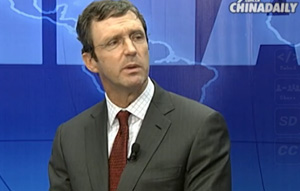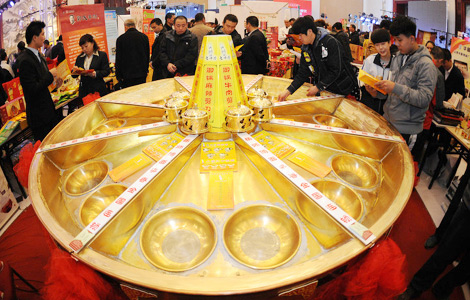Beijing won't enforce 'idling engine' rule
Updated: 2013-11-23 01:36
By Cao Yin (China Daily)
|
||||||||
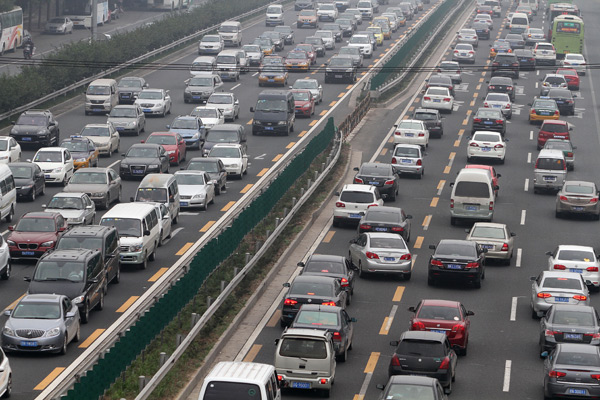 |
|
Lines of cars are pictured during a rush hour traffic jam on an express way between Beijing and Beijing's Tongzhou district on Sept, 19, 2013. [China Daily] |
Lawmakers said that a new measure in Beijing's air pollution prevention and treatment draft regulation, asking drivers to turn off their engines when idling for more than three minutes, is not compulsory but rather a move to raise environmental protection awareness.
Drivers will be encouraged to turn off their car engines, especially around schools, hotels, shopping malls, parks, communities and hospitals, when the car isn't moving for a number of minutes, according to the draft.
The issue was raised as the Standing Committee of Beijing Municipal People's Congress discussed the draft in October.
After a hearing attended by nine professionals in the field on Thursday, city legislators agreed that no penalties will be attached to the measure.
The stipulation is not compulsory but simply aims to enhance environmental protection awareness, said Wang Delin, vice-chairman of the legislative affairs committee of the congress.
"Most of the invited experts supported us in carrying out the term, and we also learned from the legislative experience of other countries, including Japan and the United States," Wang said.
"We hope to spur the public into putting environment protection into practice and reducing vehicles' exhaust," he said.
The final draft of the regulation will be discussed during the municipal congress set for Jan 16, he added.
The gas consumed and pollution produced as a car idles is much higher than when it is restarted, according to Li Xiaoxi, one of the professionals invited to Thursday's hearing, who has been following the automobile emission question for years.
But controversy over how long a car should be stopped before turning the engine off is still going on among some members of the committee and car owners.
Li Fengzhi, a committee member from the civil affairs bureau in the city's Fengtai district, said it is hard to control the idle period on crossings or during rush hours, and suggested that legislators should lengthen the time.
On the other hand, Huang Fei, a retired official from the State Ethnic Affairs Commission, said the times should vary according to how bad the pollution is, and said the period should be made shorter when pollution is heavy.
But Liu Xiaohang, a resident of Chaoyang district, was pessimistic about enforcing the practice, saying not many people would do it.
"No punishment, no threat," he explained.
The latest draft also prohibits open-air burning of electronic waste and said that people must take emergency measures, including stopping barbecues, if pollution in the city reaches critical levels.
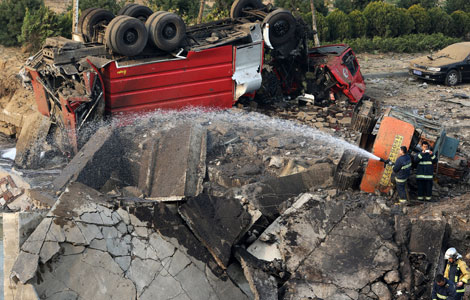
 35 die in oil pipe blast
35 die in oil pipe blast
 Feel-good stories ask questions of us all
Feel-good stories ask questions of us all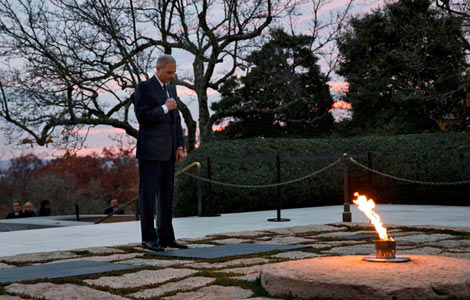
 US marks the 50th anniversary of JFK's assassination
US marks the 50th anniversary of JFK's assassination
 No holds barred training for elite force
No holds barred training for elite force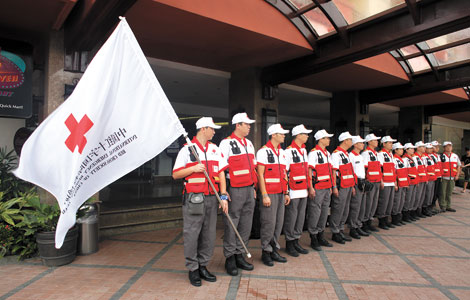
 Chinese medical teams reach Philippines
Chinese medical teams reach Philippines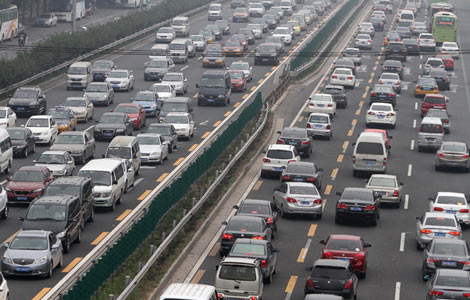
 Beijing won't enforce 'idling engine' rule
Beijing won't enforce 'idling engine' rule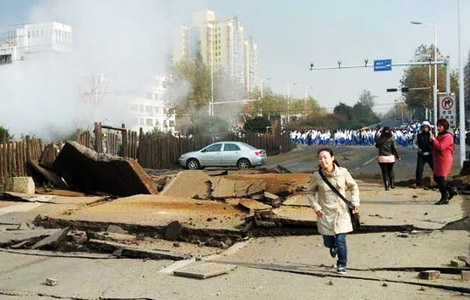
 Oil pipeline blast leaves 22 dead in E China
Oil pipeline blast leaves 22 dead in E China
 Good couples get better
Good couples get better
Most Viewed
Editor's Picks

|

|

|

|

|

|
Today's Top News
Newtown investigation report to be released
Reform to stimulate growth
Li expected big deals in Romania
Envoy hails typhoon aid to Philippines
Conditions set for future CE
Wang named Asia's businessman of the year
Bitcoin rollercoaster hits China
US President sets new date for Asia visit
US Weekly

|

|
